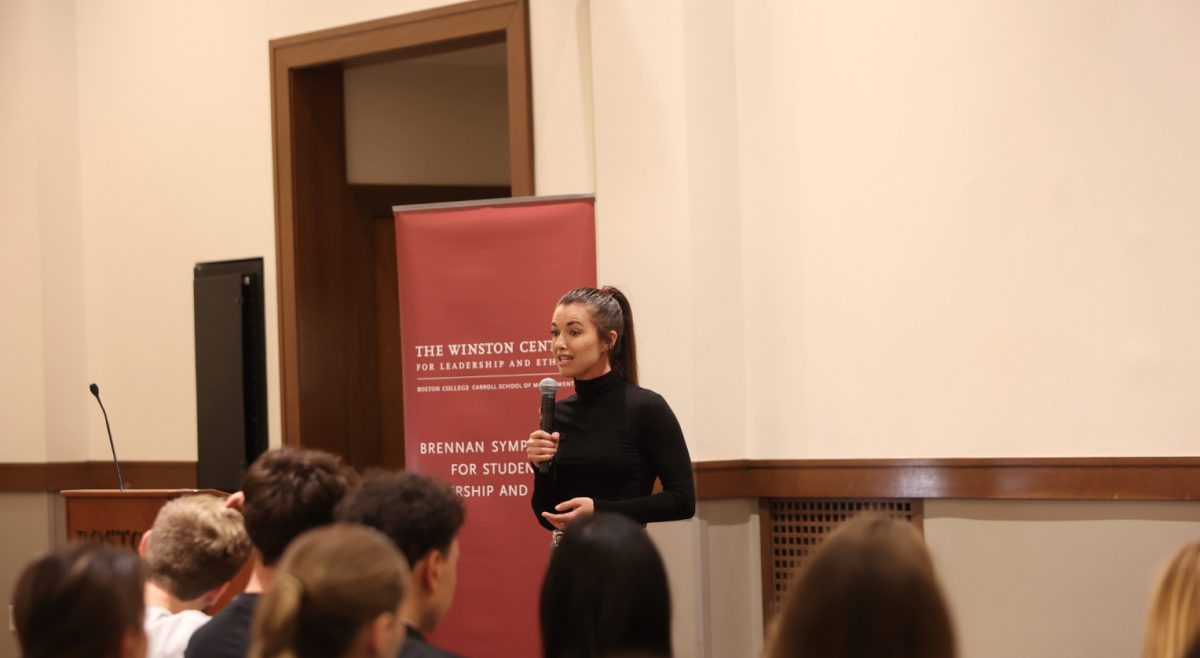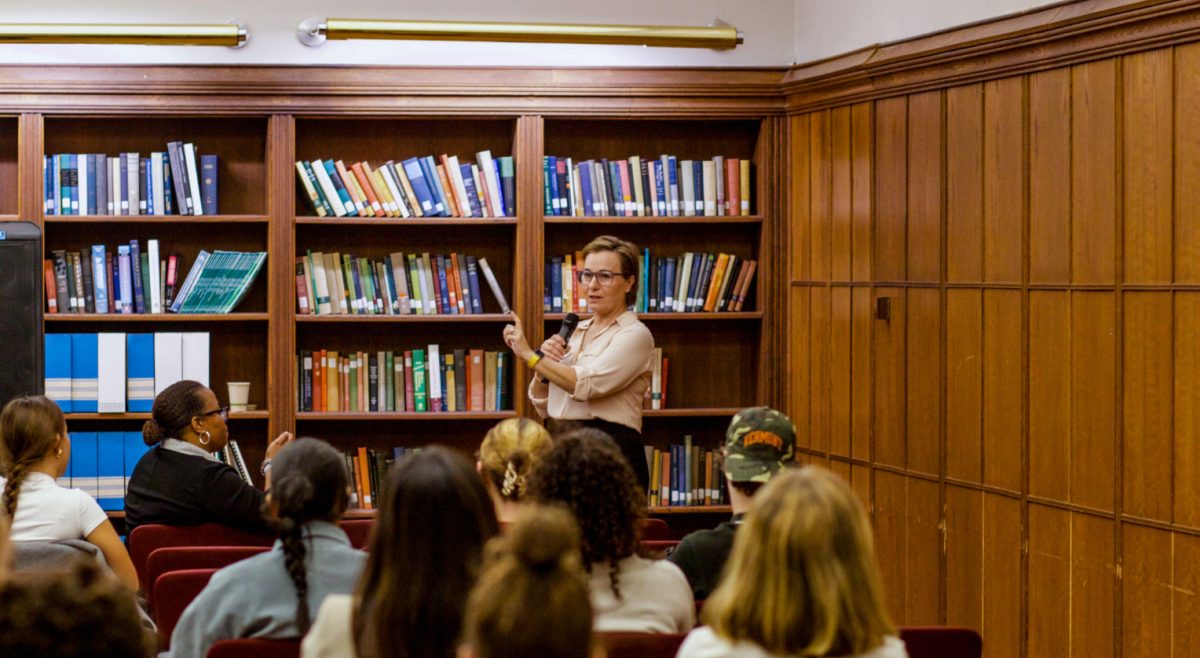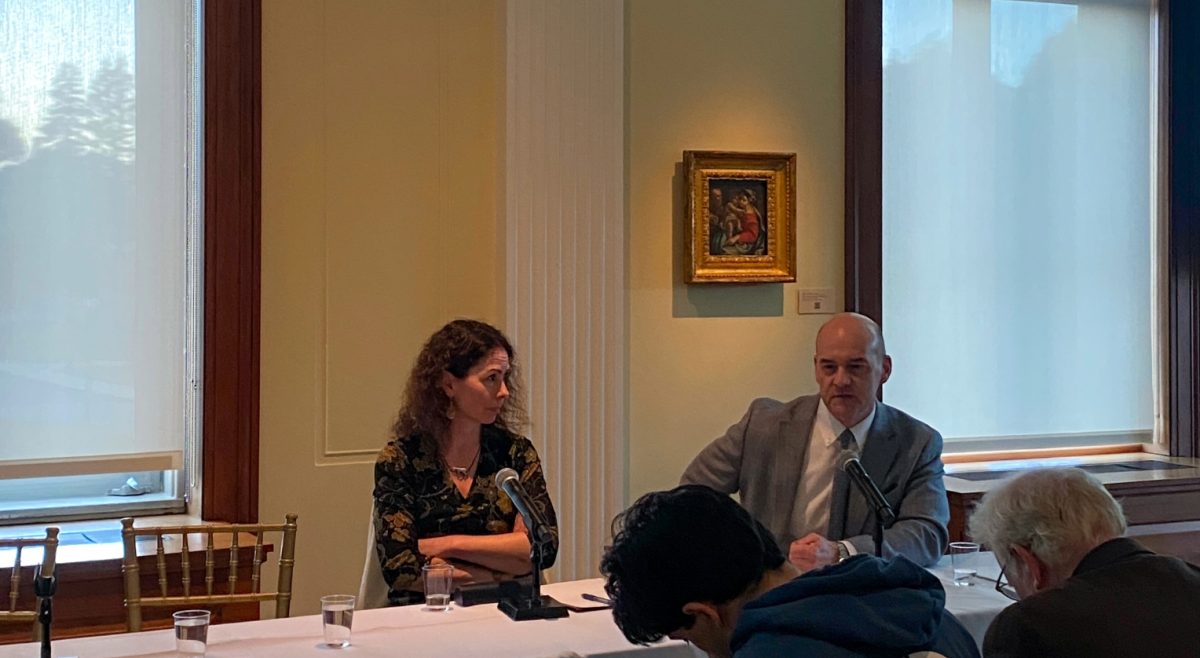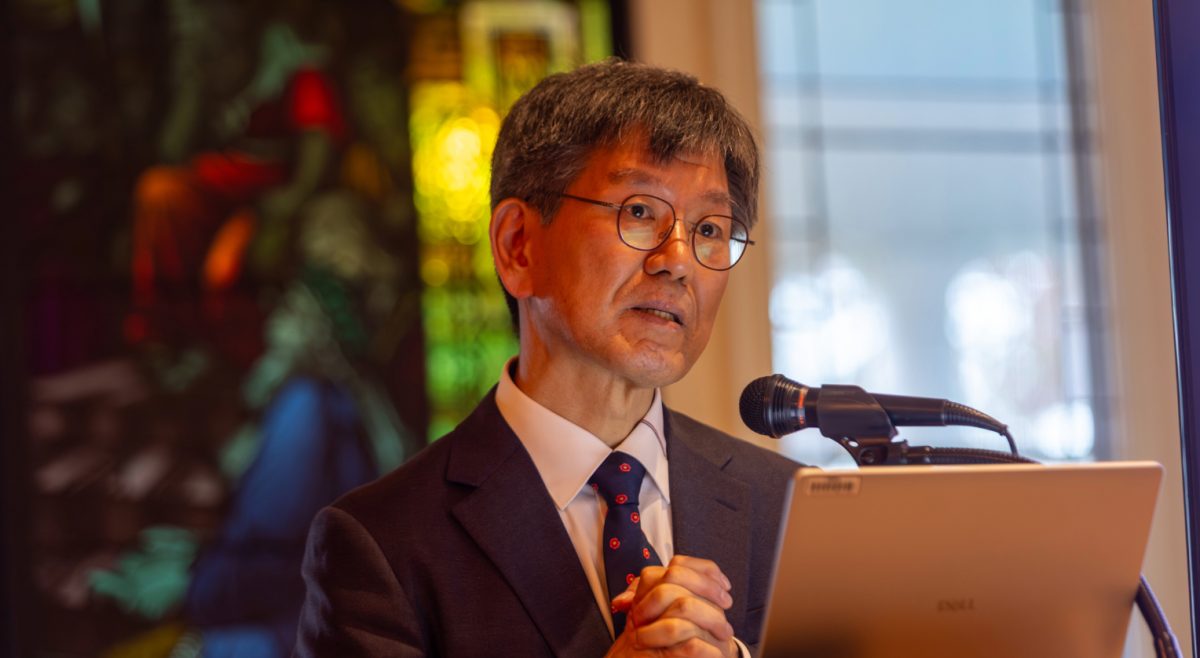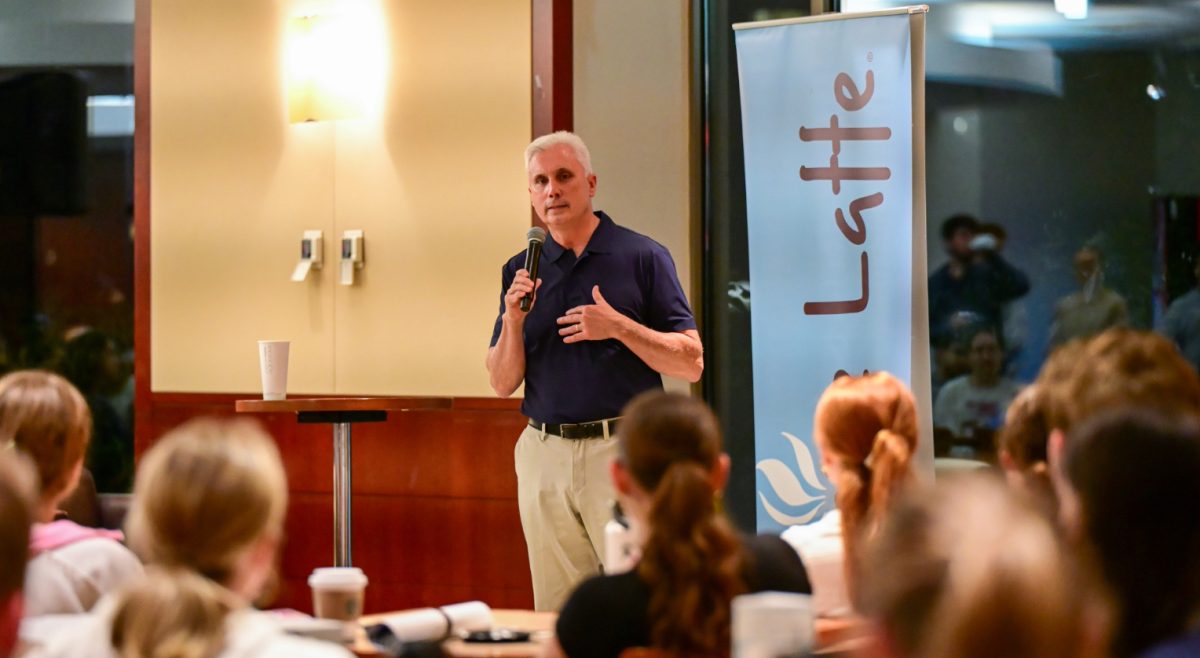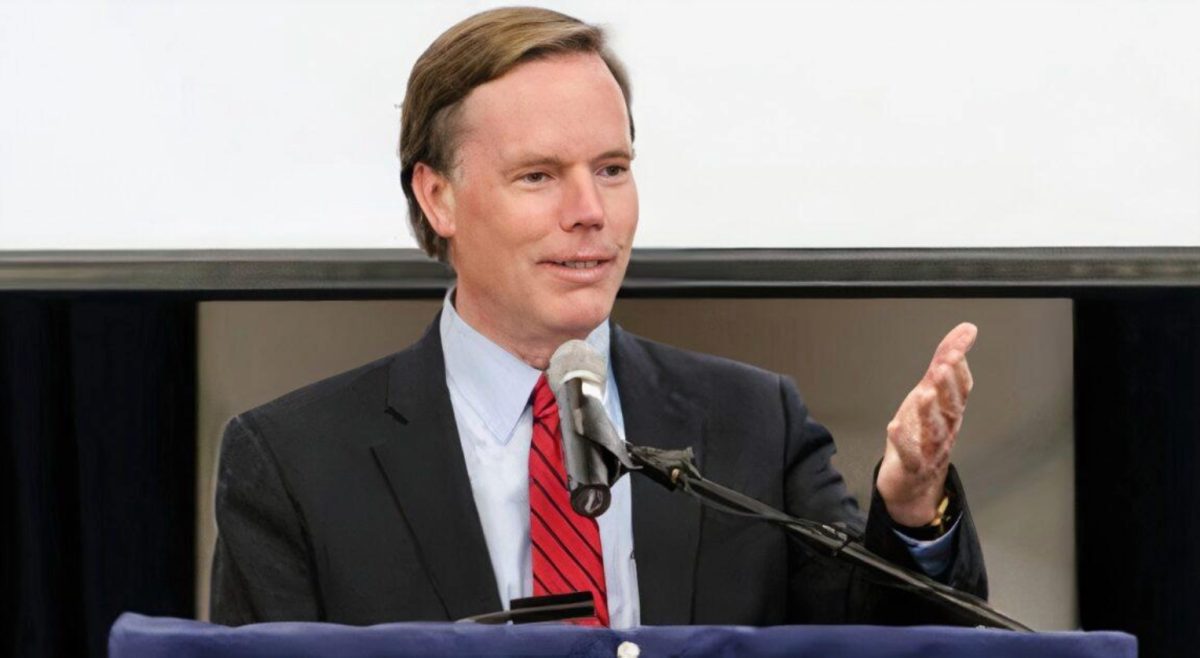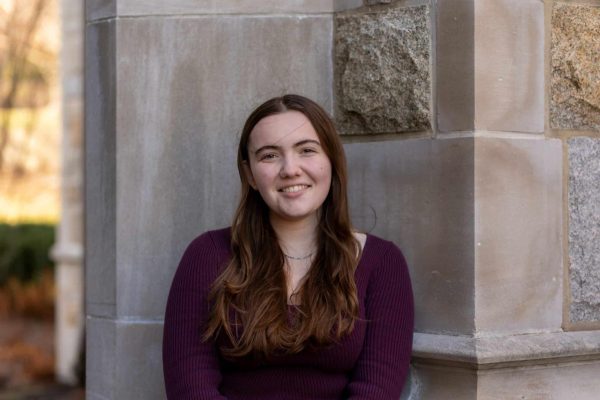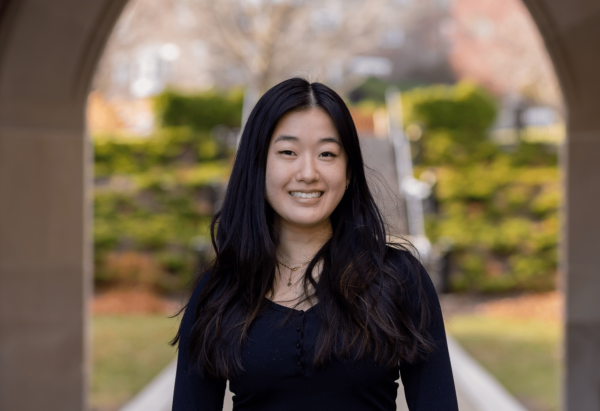What does the reality TV show Survivor have in common with college life? For Parvati Shallow, winner of Survivor: Micronesia and a four-time contestant, the answer is relationships.
“People think when they are watching Survivor that it’s a game of deception and strategy and ‘kill or be killed,’” Shallow said. “That is true, in a way, but it is also really a game about relationships. It’s a game about building strong relationships, and the people that can do that succeed.”
Shallow came to Boston College on Oct. 15 for the fall 2025 Brennan Symposium, hosted by the Winston Center for Leadership and Ethics.
“I think the beauty of relationships is you just throw yourself right into them, and if you go with an open heart, curiosity, and the willingness to be vulnerable, you’re going to succeed,” Shallow said.
For Shallow, there isn’t such a thing as a failed relationship.
“There are only two kinds of relationships—those that help you win and those that help you learn,” Shallow said.
Shallow emphasized that the people we surround ourselves with play a key role in shaping our character and personality. She recommended taking opportunities to identify the most important people in your life and recognizing what they bring.
“I love assessing the state of our relationships—who you’re closest to—because whoever you’re closest to, you are going to become them,” Shallow said.
Just like on Survivor, some people in your life won’t always have your back, but by figuring out who you can trust, you can strengthen your relationships and way of life, she said.
“If you do have time to assess if someone’s a safe person, take your time and assess, and then you’ll know this is a safe person for me to be vulnerable with and share my authentic truth with,” Shallow said.
In the final tribal council, Survivor contestants rely on the relationships they built to secure a win, but Shallow said this mindset doesn’t end after a winner is crowned. Even beyond the game, she added, having close, supportive relationships will strengthen your life.
“It’s always really helpful to have a teacher, a mentor, older sister, a family member, an aunt, anyone in your life who can talk you up to other people,” Shallow said.
People will inevitably encounter toxic relationships, and in these moments, Shallow stressed the importance of choosing yourself, even if it means ending a relationship.
“You’re going to have to choose yourself, probably a lot, and sometimes when you choose yourself, it hurts other people,” Shallow said.
In Survivor, opening up to other contestants often led to betrayal—and the same can happen in real life, according to Shallow.“I tend to overshare,” Shallow said. “I’ve really had to learn the hard way not to open up to every person that I meet, because I really like connecting with people. It’s fun for me, and I’ve learned that some people will use that against you.”
For those struggling to leave an unhealthy relationship, Shallow emphasized the importance of recognizing when someone is no longer supporting their growth.
“I think that’s why we stay in relationships that are not working and not supportive,” Shallow said. “We’ve invested so much time and energy in them, and we’re like, we can make this work, and it’ll get better, or there’s a tiny glimmer of it being good, but I think it’s just better to cut your losses and trust that you can start over and you can create something better.”
Through her experience on Survivor with a wide range of personalities, Shallow said she learned to follow her intuition when deciding which relationships are worth nurturing.
“Do I feel like I have to contain myself around someone?” Shallow said. “ If I do, then I won’t invest more time and energy in that relationship. You can’t go back and change the past. You can only start from now, so your power is now.”

